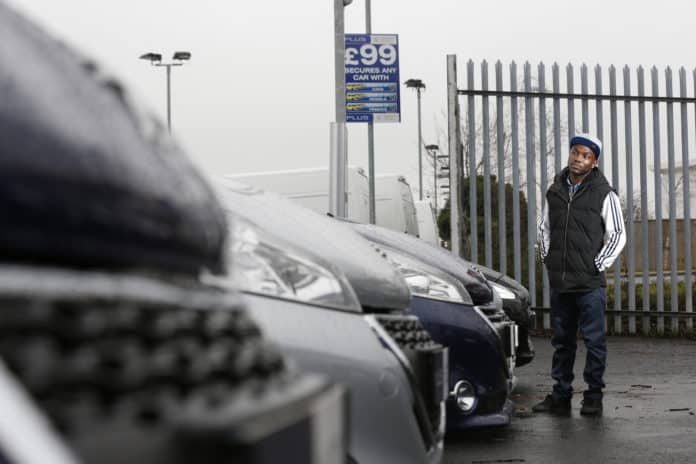Your guide to buying a new car
With so much to think about, buying a new car can be both exciting and overwhelming. After all, it’s not simply a question of its price tag, it’s the long-term cost too, including maintenance, servicing, and of course, car cover. So, with advice on what to consider, here’s a comparison site, mustard.co.uk.
Set your budget
Buying a brand-new car is probably one of the most expensive ways to upgrade but it also usually means a three-year warranty which will cover the cost of any manufacturer faults. New cars also mean you shouldn’t have to worry about too much costly maintenance or an MOT.
But if you need to buy a car on a budget (which is true for most of us) then buying nearly new or used can be the economical option. Most cars from a dealership will also come with a 12-month warranty which can put your mind at rest. Buying used also means you can expect more for your money and you could end up paying less for a higher specification car, compared to if you bought brand new.
As well as the cost of the car, don’t forget to factor in other expenses, for example, maintenance and servicing, which can all add up.
Decide on what type of car you need
How you use your car will help determine what you need. For example, if you cover lots of miles, particularly on motorways, you may prefer a car with a bigger engine in order to get the acceleration you need. If you’re behind the wheel a lot, comfort is likely to be another important area to consider, so factor this in when you compare cars.
It’s also worthwhile thinking about internal features, including boot space and making sure there’s enough room to transport everything you need. If you’ve got a growing family, consider the number of seats you might need along with room for baby and child seats.
Consider your finance options
Unless money really isn’t an issue, it’s highly likely you’ll need to come to some sort of finance agreement with the dealership selling the car. Some of the most common methods offered by dealers include:
- Personal contract purchase (PCP) – under these plans, you’ll usually pay a deposit, followed by fixed monthly payments over an agreed length of time, typically three years. At the end of the contract, you’ll be given three options; hand the car back to the dealership, pay a final installment to buy the car outright, or use the remaining value of the car to part-exchange it for a new one from the same dealership.
- Hire purchase (HP) – as with most HP agreements, you’ll usually pay a deposit and pay back a fixed amount over an agreed period. At the end of the plan, you’ll own the car outright.
You don’t have to agree to a finance deal arranged by the dealership and you might prefer an alternative method, for example:
- Personal loan – taking out a personal loan will enable you to buy the car outright and make repayments to the bank or lender rather than the finance company partnered with the dealership.
- Credit card – if you’ve got a high enough credit limit, you can also buy your car with your credit card.
Remember that the finance options available to you will depend on your credit score. You’ll also have to keep up with repayments or your car could be taken away.
Work out the car insurance group
All cars in the UK belong to one of 50 insurance groups. Broadly speaking, the lower the group number, the cheaper the car is to insure. Groups are based on various factors including the value of the car, its engine size, power, repair costs, and safety and security features.
If you’ve got a car in mind, you should be able to find out its insurance group from the manufacturer but bear in mind that groups do vary by specification. It means that you could have two cars of the same make and range, but if the spec is significantly different between the cars, they could be in different insurance groups.


